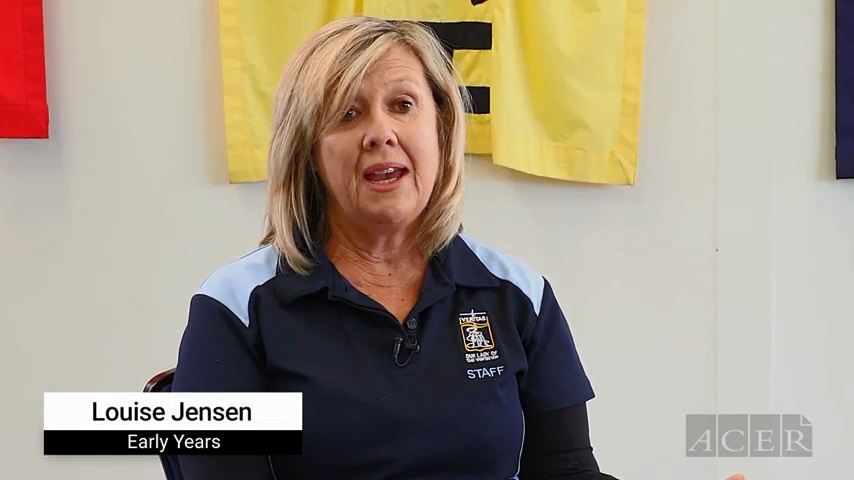
Tuesday, 17 Dec 2019
We know it's important to teach students problem-solving skills. In this video, educators share their experience of incorporating problem-solving into early years maths teaching, and how it brought benefits to students beyond the school gates.
Problem-solving is a key '21st century skill'. We know it is crucial to effective learning and, we're told, for full participation in a modern economy.
The teachers at Our Lady of the Visitation School in South Australia discovered that using the Progressive Achievement (PAT) encouraged them to incorporate more problem-solving and worded questions into their early years mathematics curriculum.
'In the past we've relied heavily on rote learning,' Julie Willson said, 'But that's not enough to get students through an assessment like [PAT].
'Instead, we're asking them to think more creatively and more broadly and to relate to wider experiences beyond the classroom.'
The educators found that this improved their students' comprehension of some key maths concepts, but also had knock-on effects for their literacy and creativity skills, while improving teacher collaboration. An added bonus of worded maths problems was of giving students a vocabulary to describe their progress and explain how they solved a problem.
Interested in reading more? This story in Edutopia looks at how a primary school in the US uses problem-solving to improve social and emotional skills, while Teacher Magazine explores the experience of Victoria's Eltham High School in teaching 21st century skills - or general capabilities - to older students. If you'd like to source academic research on the subject, ACER'S Cunningham Library has a broad selection.
